Will the Volkswagen Group end its long-running flirtation and finally commit to Formula 1 when the next generation of grand prix power unit is introduced in 2025 or 2026? And there are other pertinent questions: should it bother at all? And if it does want to, exactly how should it go in?
At the Austrian Grand Prix, the German giant was represented at a high-level meeting on F1’s technical future, beside current stakeholders Daimler (the parent of Mercedes-AMG), Ferrari, Renault and Red Bull, which is set to become a self-sufficient ‘indie’ at the end of this year when Honda quits as its engine supplier.
The Volkswagen Group attending such talks isn’t new; it was part of the conversation when the current 1.6-litre V6 turbo hybrid was in its genesis. But there’s a palpable now-or-never sense that this time, after long refusing a place at motorsport’s top table, the stars are beginning to align for one of its illustrious brands: Porsche, Audi or perhaps Volkswagen itself.
Why VW and F1 haven't mixed
Speculation over an Audi F1 entry can be traced back to the mid-1990s, when the firm was busy conquering Super Touring with its Quattro technology. But rather than F1, Ingolstadt chose sports prototypes, triggering an era of domination in the Le Mans 24 Hours.
Time and again, sporting boss Wolfgang Ullrich was asked if or when he would bite the F1 bullet. The reply was consistent: F1 held no road relevance for Audi; ploughing its revolutionary turbodiesel furrow in endurance racing would reap a greater harvest than racing 3.0-litre V10s or 2.4-litre V8s.
There was more to this reticence, though. F1’s political volatility under Bernie Ecclestone, combined with the iron-fist approach of Max Mosley’s FIA, was never to Ullrich’s taste. The Volkswagen Group kept well away – and was probably better off for it.
Now the F1 landscape is far calmer, under the more conciliatory (yet no less hard-boiled) reign of Liberty Media and Mosley’s successor at the FIA, Jean Todt. Hybridisation and a drive towards genuine sustainability has pulled F1 closer than ever to the values that car makers like to espouse, while the kicking-and-screaming acceptance that grand prix racing has a spending problem is finally making it viable through budget caps.
The trouble is, even with its new spending restrictions, F1 remains so damned hard to get right. Winning Le Mans is one thing, scoring even one grand prix win is quite another, as Toyota can attest after its eight fruitless seasons in the top flight from 2002 to 2009, compared with its three consecutive wins and counting in France.
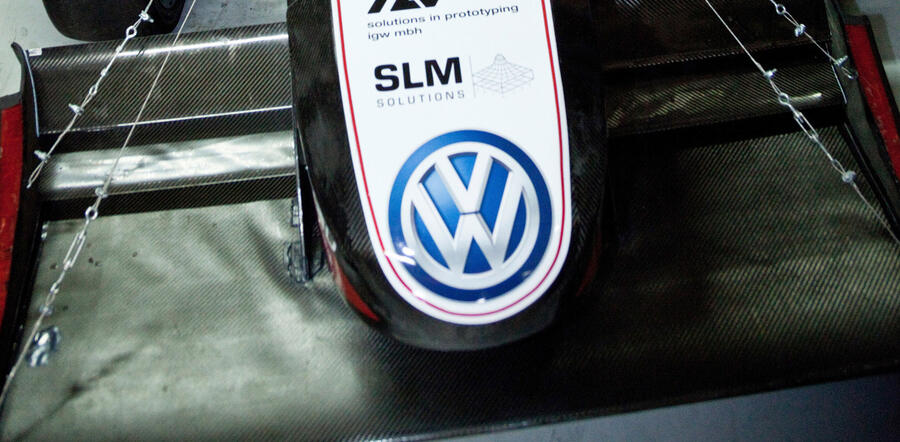

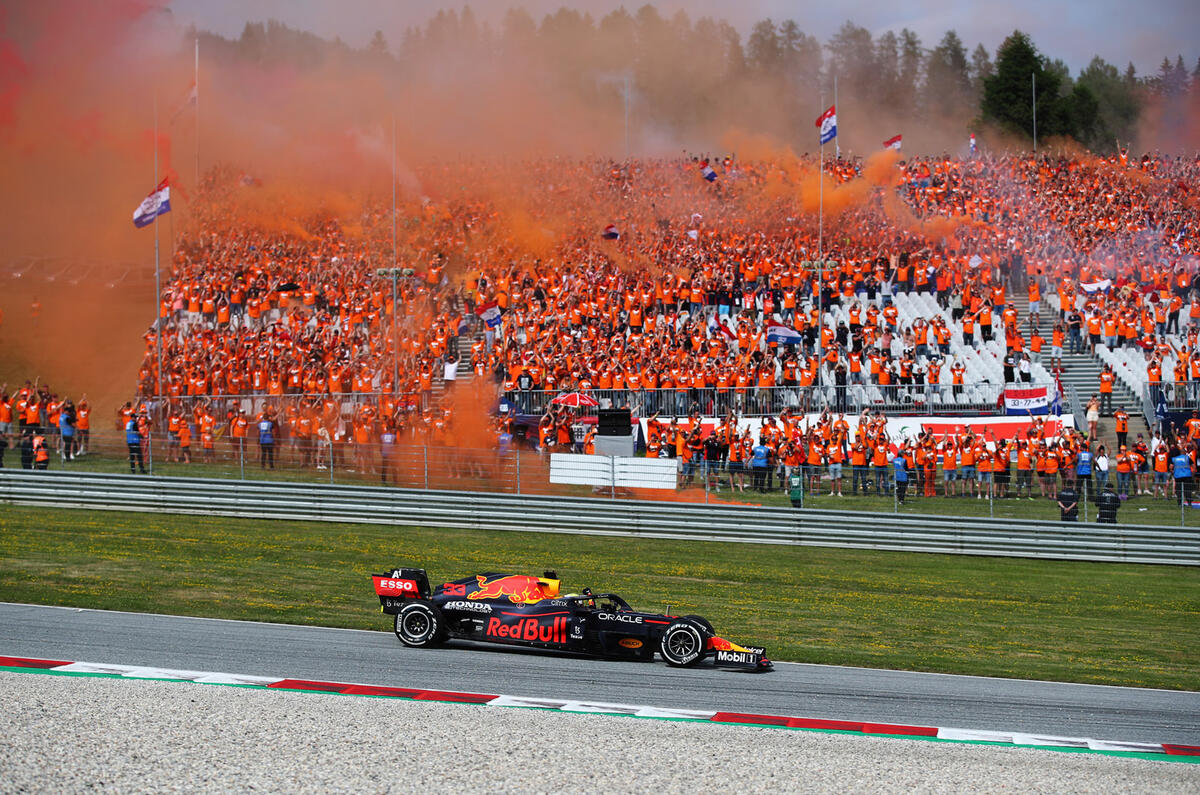
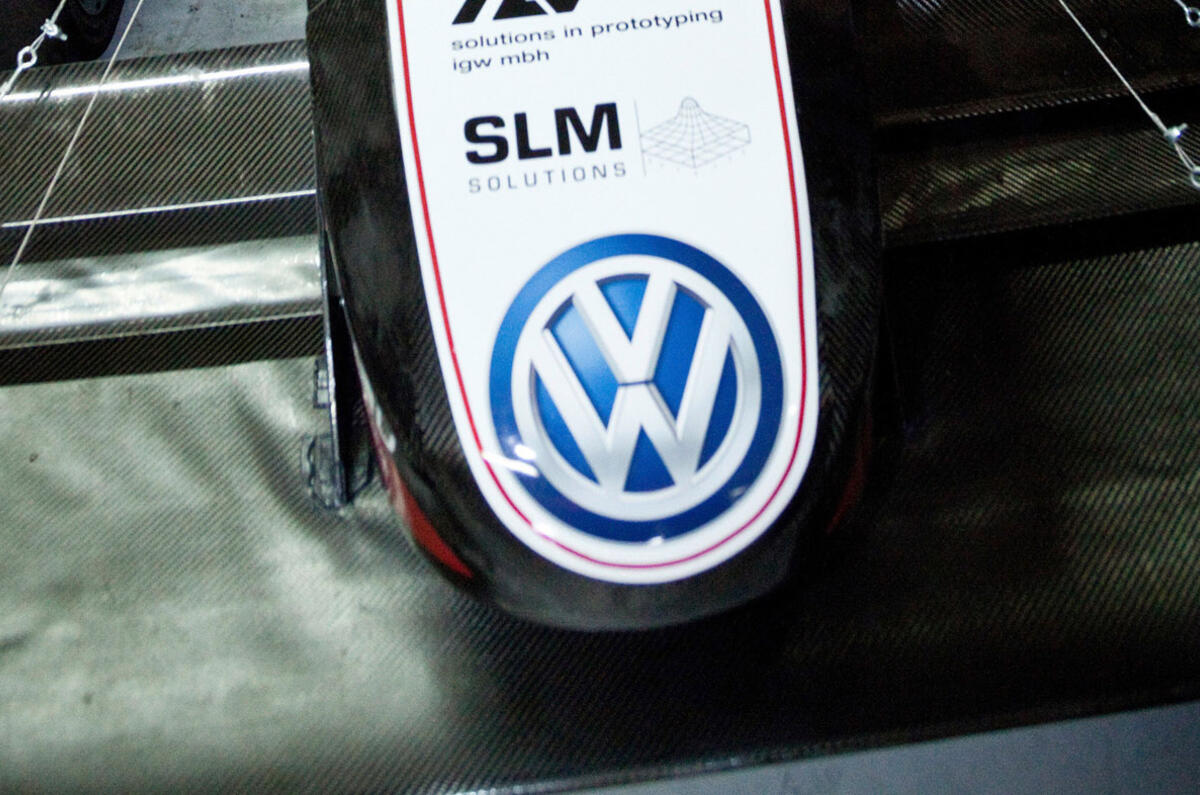
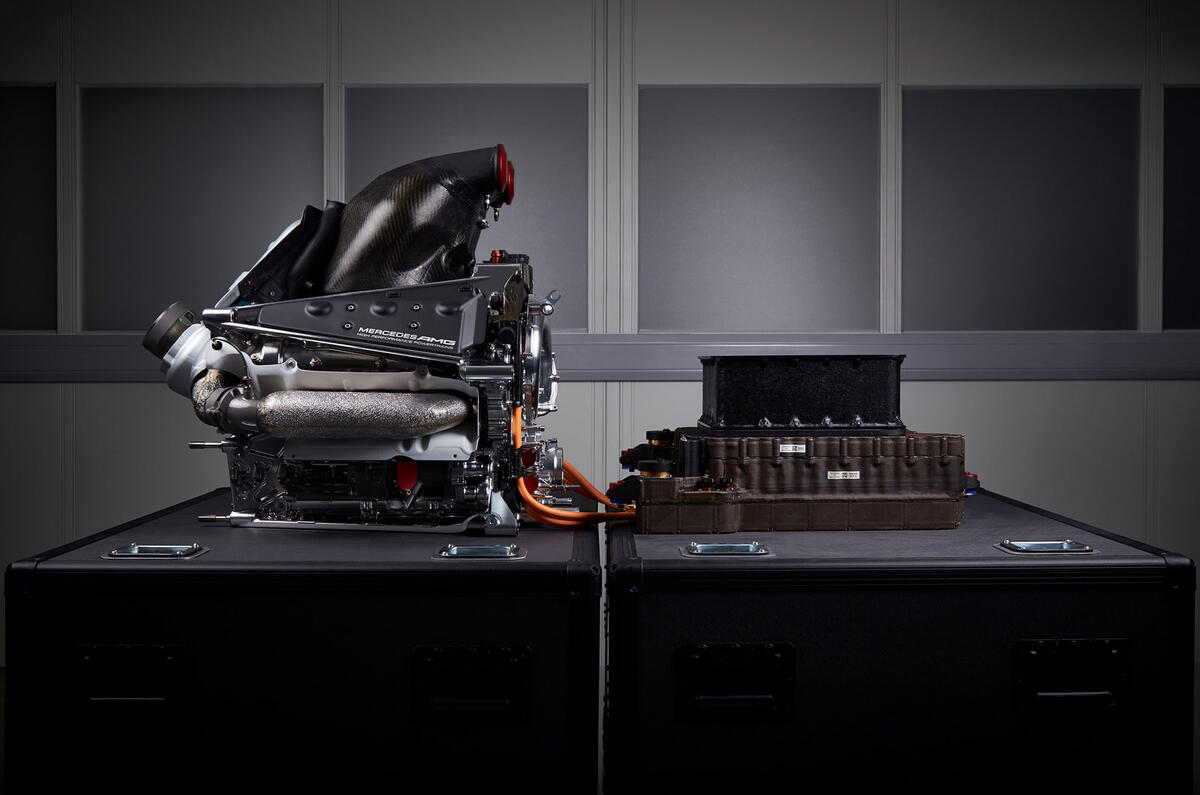

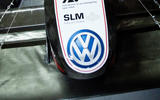


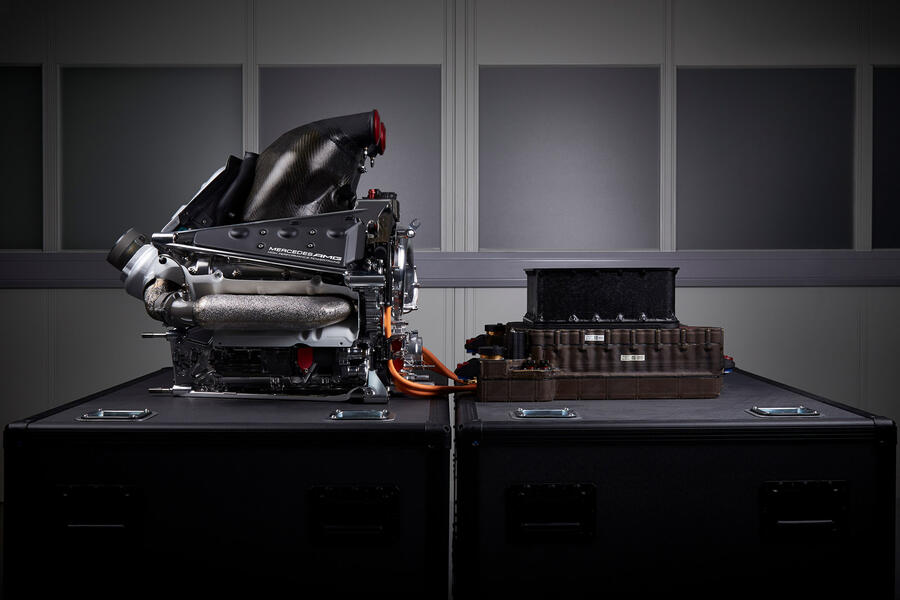

Join the debate
Add your comment
If VW do want to race then, who is leaving the grid to make room?, there is already too many teams on the grid, VW don't need another hobby sport.